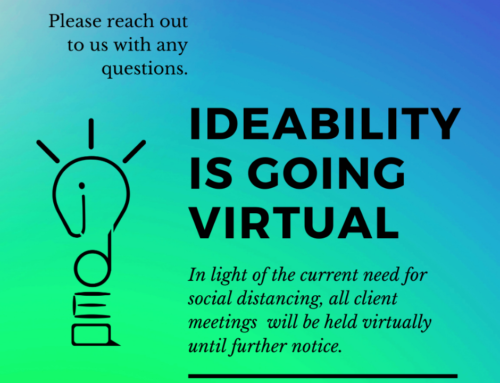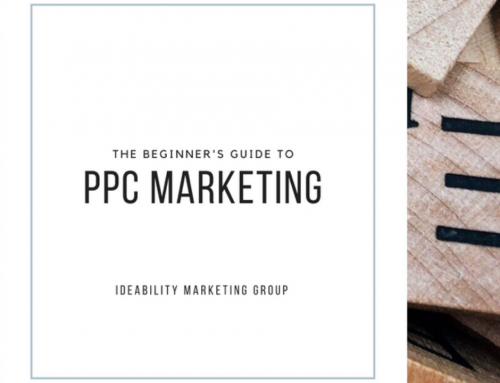
AI (artificial intelligence) is rapidly changing the marketing industry, as well as opening up new opportunities for businesses to expand their operations. While AI has some game-changing benefits, it shouldn’t be your only marketing tool. If you’re thinking about incorporating AI into your marketing, here’s a rundown of some of the highlights and pitfalls of using some of the most popular systems today.
Pros:
- Idea Generation: AI helps you create tailored content and recommendations. You can gain fresh perspectives, inspiration, and ideas from personal and relevant insights.
- Time Saver: AI can automate tedious tasks like writing redundant emails or analyzing data, so you don’t have to do it all manually. This means you can spend more time working on bigger-picture strategies.
- Improved Analytics: AI can process tons of data in a flash, giving you insights into customer behavior and trends. This can help you make better decisions and craft more effective campaigns.
Cons:
- Losing the Human Touch: While AI is great at automating things, it can’t replace the personal connection that humans make with customers. If you rely too much on AI, your marketing might start feeling a bit robotic or even duplicate the same copy as similar businesses.
- Data Limitation: AI relies on data to work its magic, and if you don’t have enough of it, the results may be less accurate or insightful. Smaller businesses or newer brands might not have the volume of data that larger companies do, which can limit the effectiveness of AI-driven marketing. In these cases, AI might not be able to fully understand your audience or deliver the results you’re expecting.
- Outdated Results: AI pulls from specific time periods. Copy may not account for changes like business closures, seasonal shifts, or unexpected events (e.g., a pandemic or supply chain disruptions). This can lead to outdated or irrelevant recommendations that don’t reflect what’s happening in real-time.
- Lack of Overall Strategy: AI can be great at executing specific tasks, but it can’t develop or execute a comprehensive marketing strategy on its own. Without a clear, overarching plan, you might focus on tactics that don’t align with your brand’s long-term goals or vision. It’s essential to have human oversight to ensure your AI-driven actions fit within a well-thought-out strategy.
While AI can handle a lot of tasks and can crunch numbers better than a mathematician, it can’t replace the creativity, strategy, and personal touch that a real marketing agency brings to the table. A marketing agency understands your brand, your audience, your history, and the nuances of storytelling that connect with people on an emotional level.
AI can be a game-changer when it comes to generating content ideas or inspiring ad copy, but it lacks the intuition and experience needed to develop a comprehensive, tailored marketing strategy like a team of experts can. A great agency will adapt, adjust, and pivot when things aren’t working, as well as amplify and build on successful marketing efforts. By finding the right balance between AI and human expertise, you can leverage AI’s strengths while keeping your marketing personal, strategic, and aligned with your business goals.





